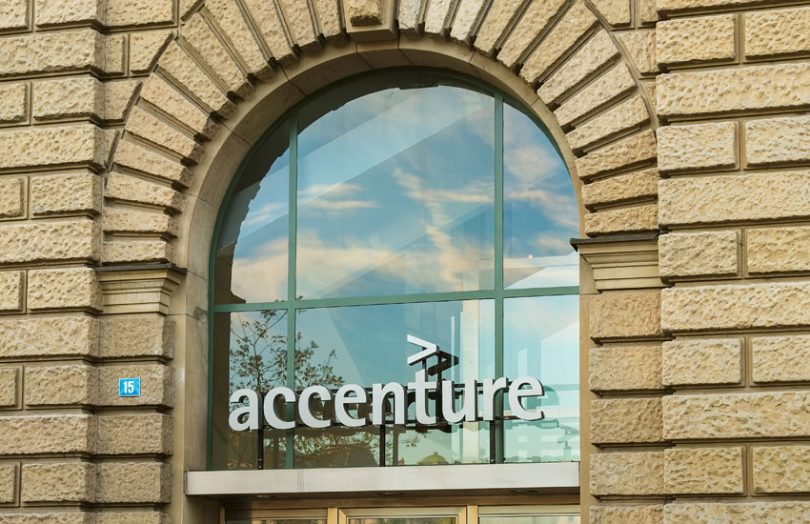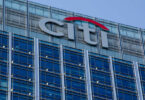Today Accenture announced a minority investment in TradeIX, the developer behind the Marco Polo blockchain trade finance platform, and the consultant will also become the preferred integration partner. The trade finance network has more than 30 member firms, including Mastercard and numerous global banks such as Bank of America, Commerzbank, ING, and Standard Chartered.
It’s been 18 months since Dublin-based TradeIX announced a $16 million Series A led by ING Ventures. The firm was started by CEO Robert Barnes, who previously founded supply chain finance company PrimeRevenue.
Marco Polo is a little different from some of the other trade finance consortia because a pure startup like TradeIX is the network operator. In contrast, the other groups have incorporated as bank joint ventures.
TradeIX aims to help to digitize trade and trade finance by automating processes which are currently painful. While it’s best known for the Marco Polo network, it has also been involved in separate projects with AIG, DHL and Siemens.
Today most trade finance transactions involve three-way reconciliations agreeing on paperwork such as invoices and delivery between the bank, the customer and supplier. By sharing the underlying documents directly from the ERP systems onto a distributed ledger technology (DLT) solution, the reconciliation disappears.
For corporates, apart from removing friction, Marco Polo introduces the option of getting financing from multiple banks from a single dashboard that plugs directly into its ERP system. To date, the integrations are with Oracle Netsuite, Microsoft Dynamics and Xero.
But Accenture’s involvement may see the number of ERP solutions expand. The companies plan to work together to automate procure-to-pay and order-to-cash solutions. “Our goal is to scale this capability to help organizations achieve touchless payable and receivable processes,” said Melanie Cutlan, Managing Director for blockchain services at Accenture Operations.
Additionally, Accenture will help TradeIX with new use cases focusing on the corporates as opposed to just the banking customers.
That’s one of the appeals of the relationship to Accenture. The consultancy has been approaching DLT with a focus on financial services infrastructure, supply chain and identity, and Marco Polo spans all three.
“Not only can we help our banking clients better understand the technology by partnering closely with Marco Polo, but also to bring that capability to our corporates,” said Cutlan.
Marco Polo’s initial rollout plan is targeting large enterprises, which make up Accenture’s client base. Hence, independent of the investment, Accenture will contribute to the roadmap of the platform by feeding back the features and functions demanded by corporates.
In terms of integration, Cutlan talked about the need to “help those clients through the transformation. How do you change your process so that you’re relying on a shared copy of data, instead of your own? How do you transform your processes? How do you look at them differently? How do you avoid the exception processing that happens today, from the beginning?” And the ultimate aim is to achieve “touchless processing”.
With this announcement, Accenture is now a partner in two of the largest blockchain consortia, the other being the RiskStream Collaborative for insurance, with more than 50 insurer members and where Accenture is the main technology partner. Both of the consortia use R3’s Corda blockchain technology.
Accenture also recently unveiled a blockchain interoperability solution that it open sourced via Hyperledger.
The consulting company has made strong inroads into the DLT field with 160 substantial clients pursuing 340 projects and more than 2,500 people formally trained within the last two years.
That growth is a sign of the maturing enterprise blockchain market. “It’s been an exciting year to see blockchain kind of take off from idea to concept, to really driving to production scale and value,” said Accenture’s Cutlan. “And partnerships like Marco Polo that’s getting very close to production is where we’re seeing the market moving to.”






